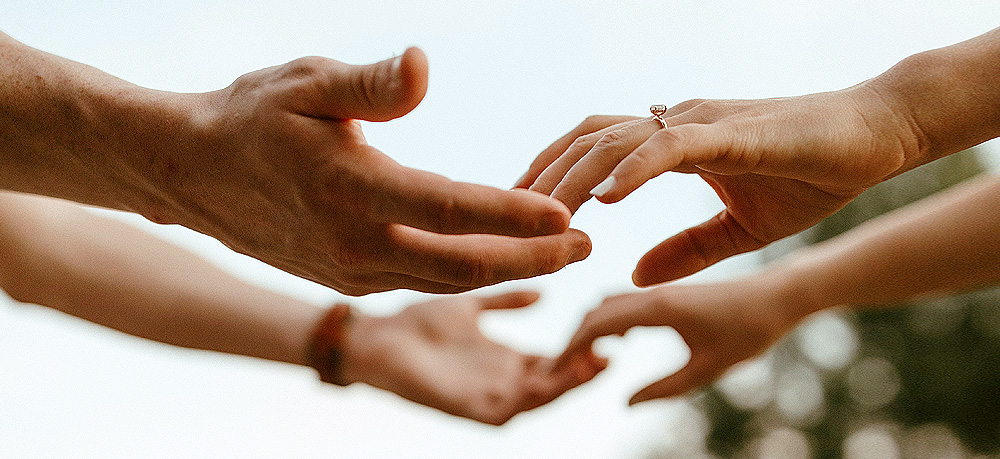When Love Hurts: How Couples Can Get Stuck in a ‘Dance of Distress’
What do you do and who do you turn to when love hurts? Most of us seek a close, committed, loving relationship; someone who is there for us when we need them, someone who can respond to us when we require close connection and with whom we can confide and share our feelings and concerns.
We seek a relationship in which we feel emotional and physical intimacy. When we are in such a relationship we are happier, healthier and more resilient in the face of life’s storms.
Indeed, many couples begin their relationship with the sense that they have found their best friend for life, commit to that relationship and form a deepening bond.
Sadly, however, there is much that can disrupt that growing bond; changes in living circumstances, young children, demands of work and of the family, painful episodes from early history or from past relationships which rear up in the current relationship, all these can pull at that bond and tear it.
This is when love hurts. When we feel the hurt of separation and we look for the cause in our partner.
When Love Hurts It Won’t Work

Why does love hurt so much? In her book “Hold Me Tight”* Dr Sue Johnson describes three “dances of distress” that couples engage in when their sense of secure connection in their relationship is disrupted and they feel the pain of separation. She calls these patterns the “Demon Dialogues. “
First is ‘Find The Bad Guy’ where the individuals feel unsafe and vulnerable and attempt to protect themselves by blaming the other.
“You’re the bad one here…”
“No, you’re the one who is wrong !”
This becomes an ongoing shoot-out where neither partner is sure who took the first shot. Even when you love someone so much it hurts, but in reality, it can feel like when someone you love hurts you.
The second is ‘The Protest Polka’ where one member of the couple feels shut out and disconnected and then protests by showing anger, raising his or her voice, expressing frustration, becoming demanding or clingy, or blaming or criticising the other partner.
The response of their partner is to hear the criticism and blame, to feel hurt, maybe blame themselves and to withdraw and shut down. One partner pursues loudly in protest, the other withdraws in fear and confusion.
The pursuer protests louder to get a connection and the withdrawer shuts down even more.
The final dance of distress is when the individuals in the relationship give up the dance altogether. In ‘Freeze and Flee’ the protester gives up the attempt to be heard and starts to mourn the end of the relationship.
Then both partners shut down into a sense of helplessness.
No one seems bothered anymore. Positive experiences are sought outside the relationship and the couple might rub along in polite cooperation but the intimate loving connection is missing.
What Is The solution?

With the support of a couple’s therapist, each partner identifies his or her steps in the dance of distress and reflects on the part s/he plays in the interactions.
The couple digs deep and identifies the hurt and vulnerable feelings which had set the dance in motion and begin to understand that hurt and to relate to each other anew.
They can find ways to reconnect and recreate the secure attachment they enjoyed at the beginning.
Couples counselling offers the opportunity to come to understand how each relationship has come to the place it is in right now, what might have got in the way of a secure, intimate connection and how to re-establish that connection.
Couples can learn new habits: loving feelings follow from positive, loving behaviour.
They can learn to repair the hurts that arise, form more solid and resilient bonds, and grow the loving relationships in which they can thrive.
———————————-
If you’d like to avoid the “dances of distress” and to enhance and enrich your communication skills get in touch with MBACP Accredited and registered psychotherapists Candy Newman or Sylvia Cowell. See below for details:
*Dr Sue Johnson (2008) “Hold Me Tight” – Publisher Little, Brown and Company


